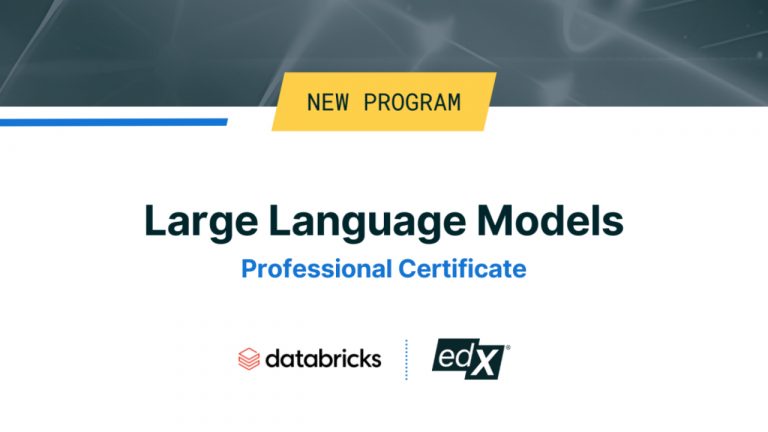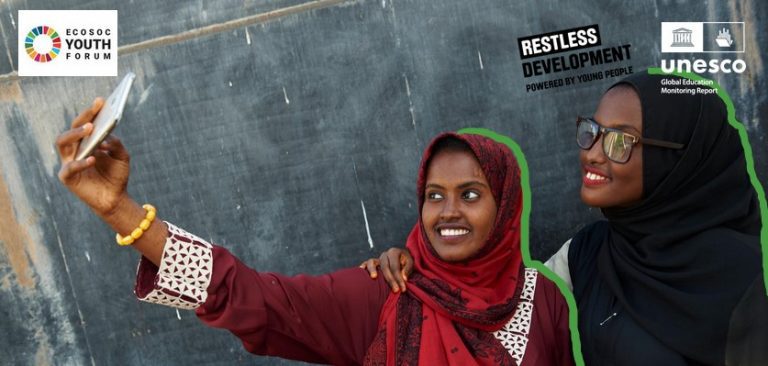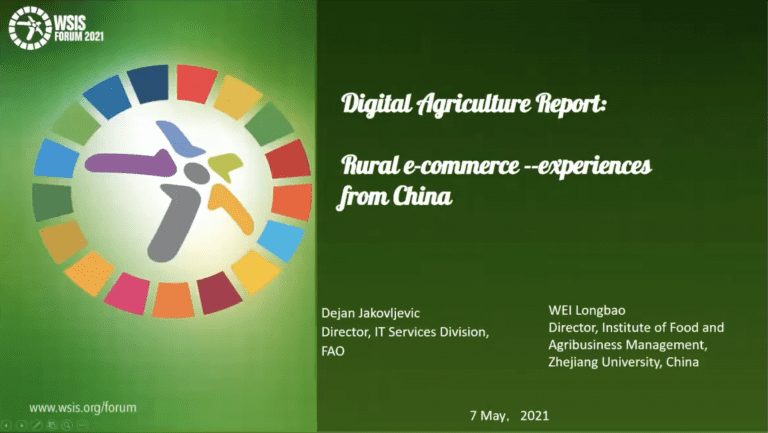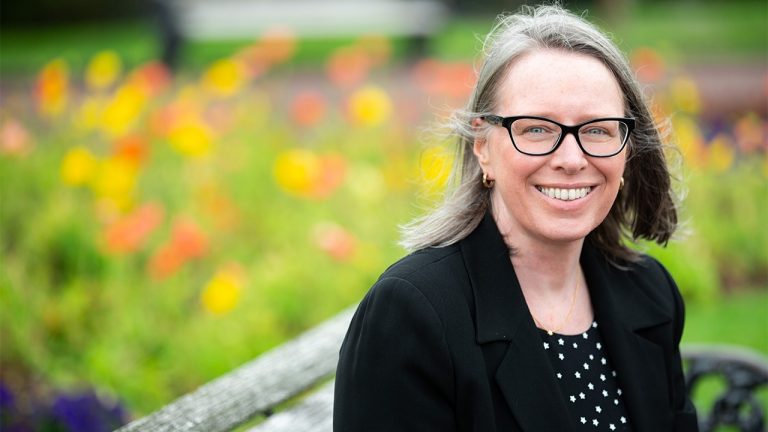Online learning is still new to most instructors and students. Despite the fact that classes across Cornell and the globe have been taught online for years, only a small minority were accustomed to this learning format prior to the COVID-19 pandemic.
As instructors and students are still adjusting to the online format imposed on them at the outbreak of the pandemic a year ago, the Cornell Online Learning Community (COLC) asked speakers and participants at its 7th annual event, “What Works and What’s Next in online teaching and learning?”
Over 100 participants gathered virtually on March 9, 2021, sponsored by the Center for Teaching Innovation (CTI), to look back on a year of online teaching to understand successful strategies to adapt as they continue developing this relatively new learning space.
“Compared with how long we’ve been teaching and learning in person, we don’t yet know enough about what good online learning and teaching looks like,” she said. “We know what should happen when we’re teaching in-person; we’re still learning how this looks when it goes really well online.”
She added that we also do not have the same level of research to help understand online teaching and learning yet. After acknowledging that we are at the beginning of understanding online learning, she focused on two main points, isolation and motivation.
“Isolation is the biggest barrier to having our students engage with us,” she said, “and so it is really important to foster social connections and build community in online classes.”
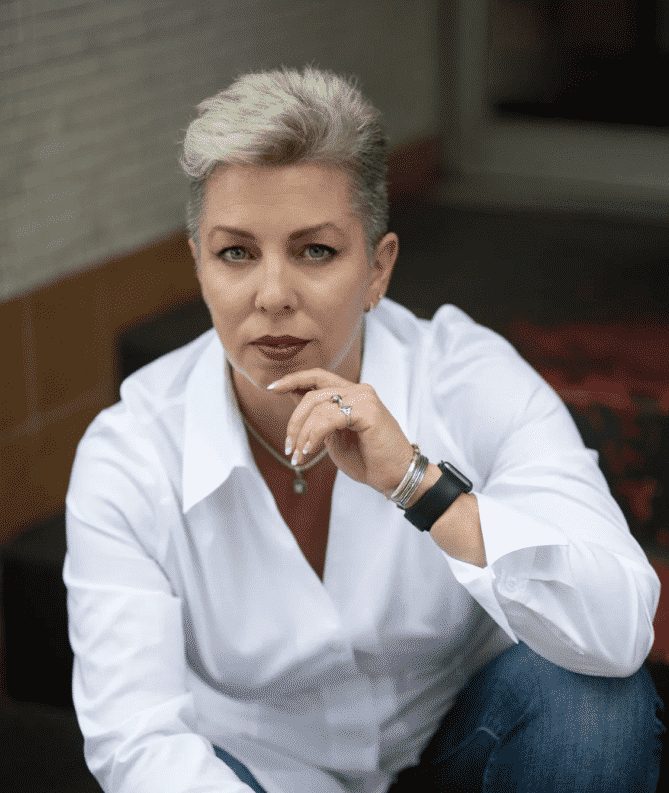
Darby also said in-person teaching strategies do not necessarily work online. Because online courses tend to be text-heavy, instructors must design learning activities to evoke an emotional response and work at truly performing to demonstrate their passion and energy for the topic.
“You have to find ways to bring the material to life [through video, audio, and other multimedia] so students can understand it at a deeper level,” said Darby.
Following Darby’s presentation, six Cornell instructors gave presentations that reinforced and expanded upon her keynote: Rene F. Kizilcec, assistant professor of Information Science, Jennifer Birkeland, assistant professor of Landscape Architecture, Denise Nicole Green, associate professor of Fiber Science and Apparel Design and American Indian and Indigenous Studies, Lina Arcila Hernández, Active Learning Initiative postdoctoral researcher, Tao Leigh Goffe, assistant professor of Africana Studies and Feminist, Gender, and Sexuality Studies, and Rajesh Bhaskaran, Swanson Director of Engineering at the Sibley School of Mechanical and Aerospace Engineering.
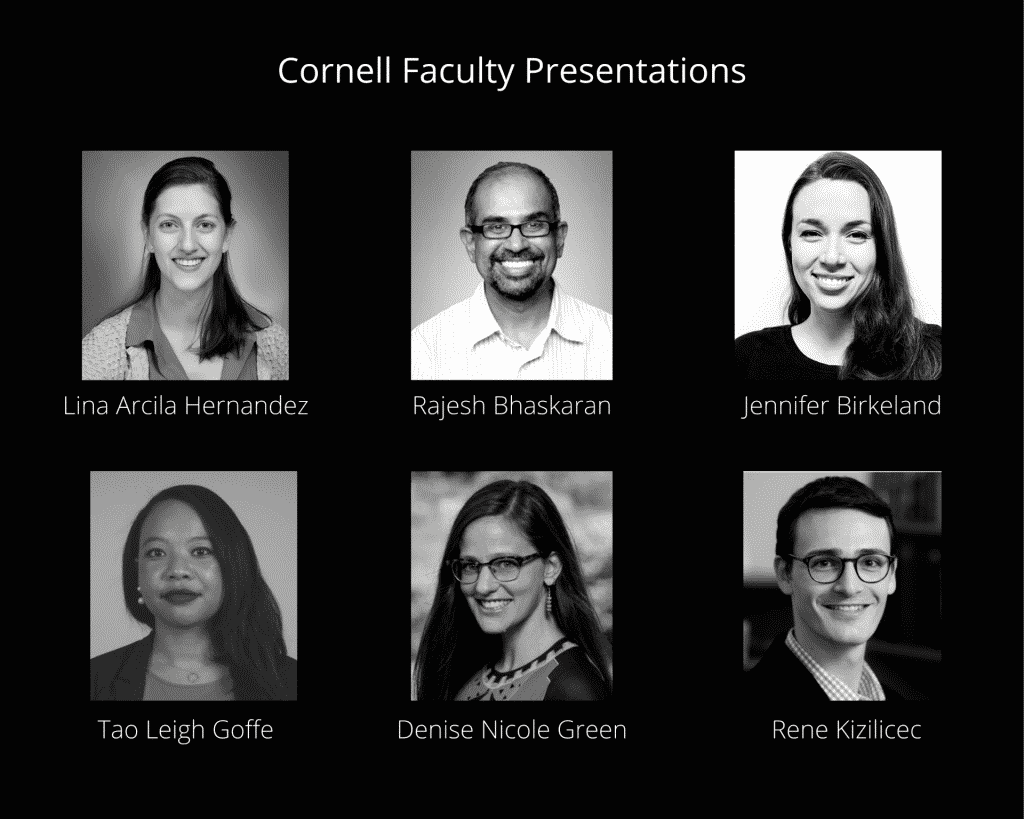
The presenters echoed Darby’s point, discussing strategies for team-building, a focus on active engagement, and periodic check-ins with students to keep them focused on learning objectives as well as deadlines.
To keep students on track to complete a complex group project, Goffe divides her projects up into segments. Arcila Hernández also used a modular approach to her team-based projects, adding that working in teams also helped students connect with their peers.
Birkeland also stressed new opportunities. She took advantage of the online format to invite speakers who brought their passion for landscape design into Birkeland’s class to spark student curiosity.
COLC is a community that seeks to collectively understand the barriers, challenges, and opportunities associated with designing and delivering online courses. To learn more about the COLC annual event, visit https://colc.onlinelearning.cornell.edu/annual-event/.
(This article first appeared on https://news.cornell.edu/stories/2021/03/event-highlights-strategies-online-teaching)

